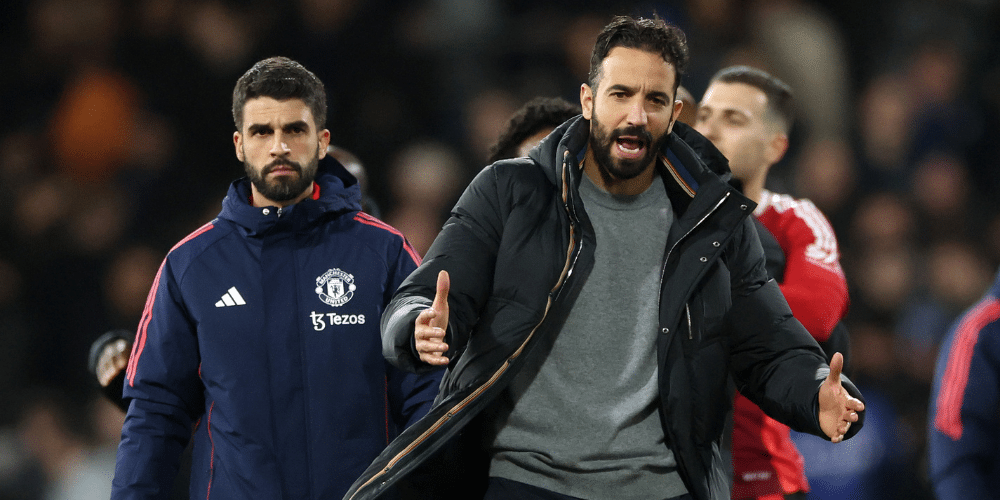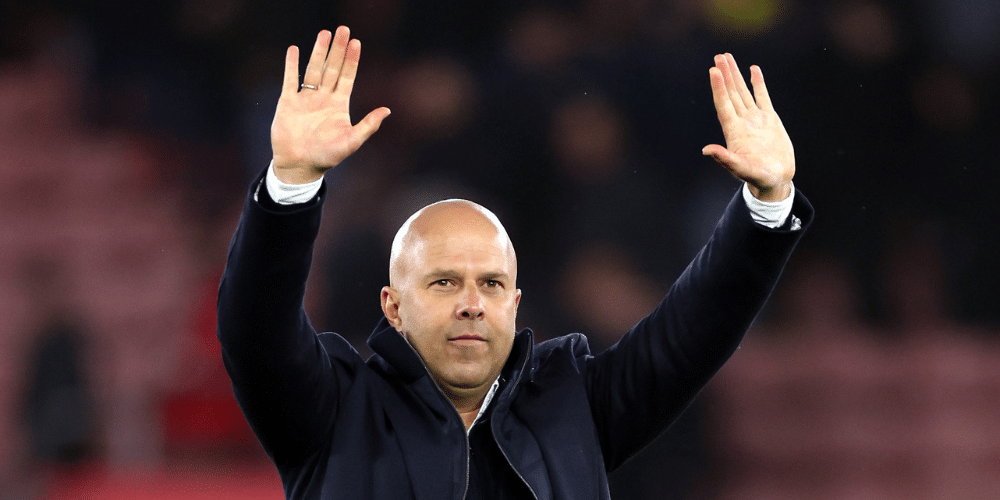The Premier League’s Profit and Sustainability Rules have been in the headlines in recent weeks, following charges – and punishment – for Everton and Nottingham Forest for alleged breaches.
A quieter than ever January transfer window has also shown that Premier League clubs are feeling the pinch, while the division’s lawmakers are keen to bring in stricter enforcement for those who fail to comply.
But what exactly are the Premier League’s financial rules?
Understanding the Premier League’s Profit and Sustainability Rules:
In an era of financial excesses and high-profile takeovers in football, the Premier League introduced the Profit and Sustainability Rules to promote financial stability and prevent clubs from spending beyond their means.
Previously known as Financial Fair Play (FFP), the regulations – designed to ensure clubs operate within their financial capabilities – are a complex debate which have been praised and criticised in equal measure.
The Profit and Sustainability Rules were officially introduced in the 2013/2014 campaign, aligning the Premier League with UEFA’s Financial Fair Play regulations. These rules came into play as a response to concerns about the escalating financial disparities between clubs, amid an increase in state-funded clubs and billionaire-backed regimes.
Break-even Requirement:
Clubs are required to break even over a designated period, typically three years. The current Premier League threshold for clubs is a maximum loss of £105m over a three-year rolling period. Everton, deducted 10 points in the Premier League this season, were deemed to have exceeded the threshold by £19.5m.
The concept is that a club’s total expenses, including transfers, wages, and other operational costs, should not overly exceed its total revenue during the three-year period. Premier League clubs must also submit accounts annually and disclose all payments.
However, there are exceptions to the rule. Infrastructure, women’s football, investment in youth and community work can be excluded from the calculations.
Owner Investment
Alongside revenues, owners are permitted to invest additional funds into their clubs – within reason.
There are limitations to prevent clubs from becoming overly reliant on their ownership. If a club’s owner injects funds, there are restrictions on how much of that money can be used to cover operational losses.
Sanctions
Clubs failing to comply with the Profit and Sustainability Rules face disciplinary actions and sanctions. Penalties can range from fines to transfer bans or, in extreme cases, expulsion from competitions.
Everton were deducted 10 points in the Premier League in 2023/24, the division’s largest ever sanction, for breaches of financial rules.
Benefits of Profit and Sustainability Rules
The Premier League’s Profit and Sustainability Rules are designed to promote financial stability. The cap on over-spending is hoped to protect the long-term future of clubs, with several sides in England’s football pyramid having fallen victim to ownerships with reckless regimes.
It is also hoped that the rules can foster a competitive balance. The dawn of oligarchs and state-backed clubs in European football saw rules brought in in an attempt to limit the spending of sides with seemingly unlimited resources.
Youth Development
With financial constraints in place, clubs are incentivised to invest in youth development rather than relying solely on expensive transfers.
This emphasis on homegrown talent benefits both the clubs and the national football landscape.
Challenges and Criticisms
There has been criticism in the inequality in enforcement, particularly in the Premier League as things stand. Everton were issued with a 10-point deduction after one breach of Profit and Sustainability Rules, though the situation surrounding Manchester City – charged with 115 alleged breaches – remains unclear.
There has also been opposition from clubs seeking to break into the elite. Rapid progression with rich owners it now restricted, with some accusing the rules of protecting the established elite.
Conclusion
The Premier League’s Profit and Sustainability Rules represent a significant step towards creating a financially responsible and competitive football environment. While they face ongoing scrutiny and debate, these regulations underscore the league’s commitment to long-term stability and the well-being of its member clubs.
As football continues to evolve, finding the right balance between financial ambition and responsible management remains a central challenge for the Premier League’s governing bodies.


